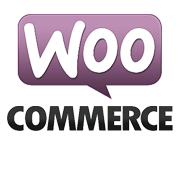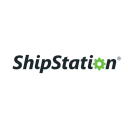How My Father And I Started A $780K/Year Business Reselling Parcels
Hello! Who are you and what business did you start?
My name is Steve Setka and my father Tom and I bought an InXpress franchise in Mid 2017. InXpress is a parcel software platform that re-sells international and domestic small parcels that can be integrated manually or to an e-commerce store. The brand also specializes in LTL less-than-truckload services as well, with a minor capacity in Full Truckload and Ocean freight.
At the time of purchase, I had been living in Australia for 2 years intending to return to Canada. I had zero experience in freight, professional selling, or business ownership. My father believed in me and that’s all I needed to go through the grind for the first 1-2 years.
Our flagship product is our parcel platform that is user-friendly offering the service of DHL, Purolator, and Canpar. In year one, we hardly made any money, whereas coming up to the end of year four, we are projected to hit 1M$ CAD in revenue.
None of it would have been possible without the significant challenges, growing pains, and difficulties experienced over the first two years and the following two years where COVID was a major world disruptor.
We pounded the pavement and...

















